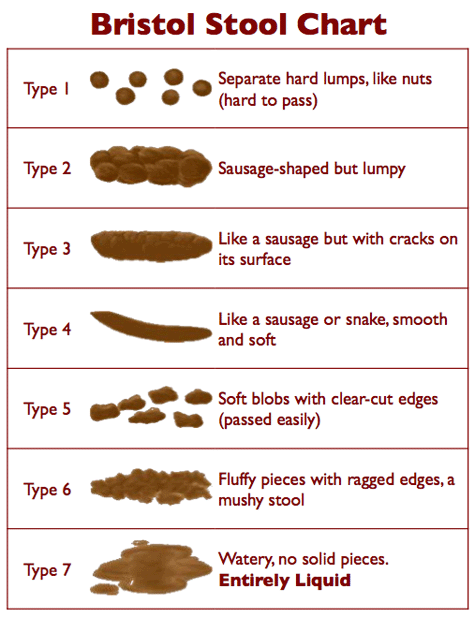Introducing your microbiome
Irritable bowel syndrome (IBS), constipation, chronic diarrhea, and bloating are all symptoms of a compromised microbiome.
The digestive tract contains trillions of microorganisms, including healthy bacteria, that play an essential role in how our body breaks down food to produce nutrients and energy. This is your microbiome.
When the gut flora is balanced, bowel movements resemble a banana and are easy to pass. Poor diet, antibiotic use, a leaky gut, and even concussions, can disturb the microbiome resulting in chronic poor digestion. Balancing the microbiome and healing the gut can have a cascade effect on your health. Clinically, I have seen a range of benefits including decreased anxiety, systemic pain relief and the rebalancing of histamine.
Taking care of your gut
If you feel like your gut health is out of balance, there are a lot of options available to you.
Food sensitivity testing can be a great starting point to help guide a patient towards making healthier food choices and decreasing inflammation. That being said, the food sensitivity test does not provide information on what exactly is going on in your intestines. The SIBO (small intestine bacterial overgrowth) breathe test is used to evaluate for an overgrowth of hydrogen or methane producing bacteria. This test gives me a general idea of which groups bacteria are affecting your digestion.
In my opinion, the gold standard is a comprehensive stool analysis. The results from this laboratory test provides detailed information on your microbiome including both good (commensal) and bad (pathogenic) bacteria.
- Chronic constipation/Diarrhea
- IBS
- SIBO (Small Intestine Bacterial Overgrowth)
- Acid Reflux
- Bloating
- Leaky Gut
- Food Sensitivities
- Crohn’s Disease
Blogs:
- Which probiotic strain is right for you? Dr. Yousuf ND discusses how you can rebalance your gut.
- Dr. Yousuf discusses Digestion: What does your poop say about your health
- The Gut-Brain connection - Dr. Yousuf Siddiqui, ND discusses how non optimal intestinal health contributes to Anxiety and Depression.


